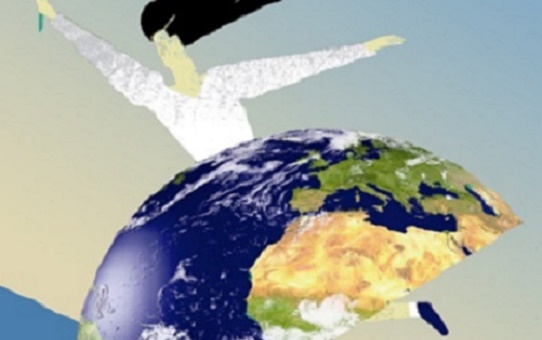Gender and ICT has participated in the International Conference on Feminist Geographies and Intersectionality: Places, Identities and Knowledges, held from 14 to 16 July in Barcelona. The Geography and Gender Research Group of the UAB organised the event with the aim to make visible the importance of space and time in the lives of women. Around 100 university researchers from all over the globe met to discuss gender in the field of geography as well as other identities that play a role in the experience of place, such as age, social class, ethnicity, sexuality or ability.
During the conference, researchers from Gender and ICT took part in different sessions dealing with aspects related to intersectionality and theory, political activism, gender identities and vocational segregation. Jörg Müller offered a presentation on the influence of gender and family characteristics on student choices and associated values. Maria Rodó de Zárate, on her turn, participated with several communications. On the one hand, she focused in the Catalan independence process to examine how some national identities can be understood as queer politics, as they are struggles that articulate gender and sexuality with class and national issues. On the other hand, together with Marta Jorba, Rodó de Zárate developed a critical and pluralistic approach to the literature on intersectionality, a concept that has allowed an analytic shift from considering gender, race, class or sexuality as separate categories to consider them as interconnected.
Finally, on Saturday 16th July Maria Rodó de Zárate chaired the panel “Intersectionality in Feminist Geographies”, which focused on the role of space as a fundamental aspect of intersectional dynamics and discussed how it shapes power structures and oppression.
